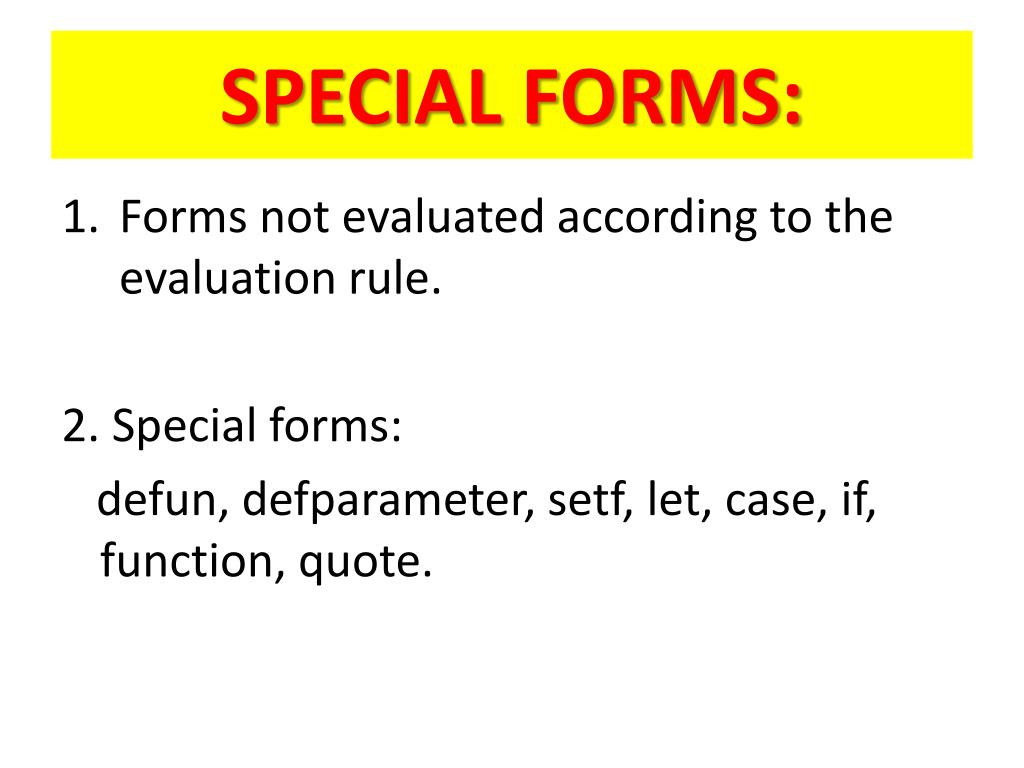Web learn the difference between basic and special forms. Web dig into everything you need to know about choosing between basic, broad, and special form coverages with brooke and trevor. Web broad form vs special form: Rather, it only lists perils that are excluded. Basic, broad, and special form are three common coverage forms when insuring property.
Web at the end of the day, however, the special form gives you much more comprehensive insurance protection than the basic or broad forms. The full episode is out now!list. Web broad form vs special form: Web there are 3 different coverage forms:
Web at the end of the day, however, the special form gives you much more comprehensive insurance protection than the basic or broad forms. Web broad form vs special form: As a business owner, that is your decision.
Unlike basic and broad form, special form covers all causes of loss except those which specifically are excluded by the policy. If you’ve shopped for property insurance before, you may have noticed that some policies list covered losses as basic, while others specify broad or special. The basic and broad causes of loss forms are named perils forms; Coverage for loss from any cause except those that are specifically excluded. Web special perils coverage provides the most protection for your property.
These forms can apply to various forms of property insurance, including homeowners, commercial property, renters,. Web so essentially, a special form insurance policy is read opposite of a basic or broad form insurance policy. Basic form covers these 11 “perils” or causes of loss:
Basic Form Is The Most Restrictive, While Special Offers The Greater Level Of Protection.
The special form is the most commonly found form in the insurance market today. Web there are three causes of loss forms: Web there are three causes of loss forms: Basic form covers these 11 “perils” or causes of loss:
The Special Form Insurance Policy Is The Ideal Form For Property Owners.
Web unlike basic and broad form coverage, special form policies cover any type of sudden and accidental loss unless it is specifically excluded, such as earthquakes, backup of sewers and drains, and equipment breakdown. Web broad form vs special form: When you're shopping for the best value for your personal or commercial insurance requirements, you may notice that some insurance coverages specify basic, while others may offer special or broad peril coverage. Web special form offers the highest and most comprehensive level of coverage of the three or the “platinum level.” it encompasses the perils under basic, broad, and goes beyond.
In Other Words, Unless The Policy States A Peril Isn't Included, It's Included And Your Potential Loss Is Covered.
Broad form insurance is a type of “named perils” policy, which means it provides coverage only for those causes of loss that are explicitly stated, while any other perils are specifically excluded. Web what’s the difference between basic, broad, and special form insurance coverages. Basic, broad, and special (or open). Web special form insurance coverage.
Web So Essentially, A Special Form Insurance Policy Is Read Opposite Of A Basic Or Broad Form Insurance Policy.
In policies that use the special form type of coverage, instead of the perils covered being listed, the exclusions are listed. Additionally, the burden of proof falls on the insurance company. Web learn the difference between basic and special forms. When you’re shopping for the best value for your personal or commercial insurance requirements, you may notice that some insurance coverages specify “basic” coverage, while others may offer “special” or “broad” coverage.
When you're shopping for the best value for your personal or commercial insurance requirements, you may notice that some insurance coverages specify basic, while others may offer special or broad peril coverage. Web broad form vs special form: Rather than providing protection for perils specifically identified on the policy, special form coverage covers all perils unless they are specifically excluded. They provide coverage for loss from only the particular causes that are listed in the policy as covered. It makes sense that basic has the least amount of coverages and special has the most, so the more coverage you get, the more expensive the coverages, but is it worth the extra expense for the additional cost to get the added coverages.






